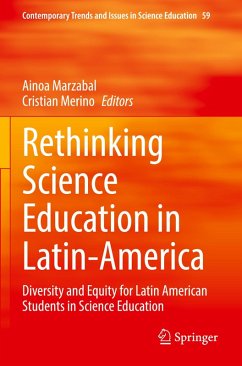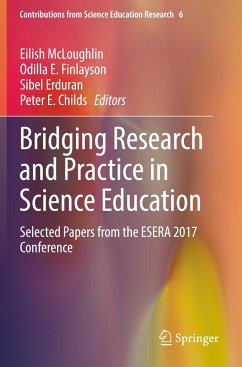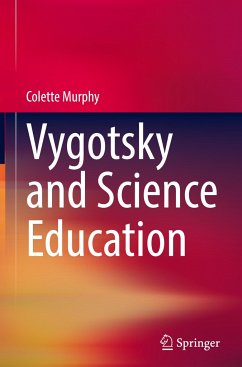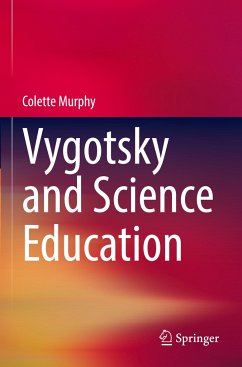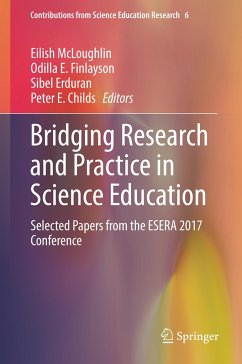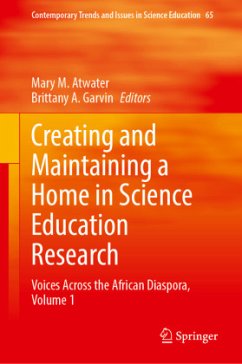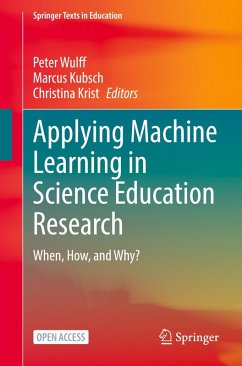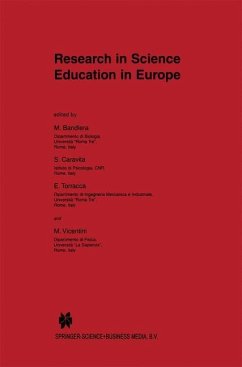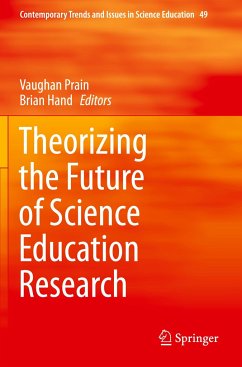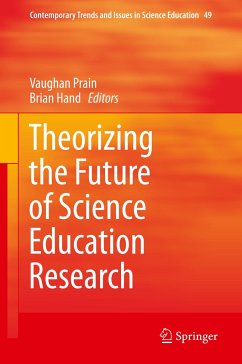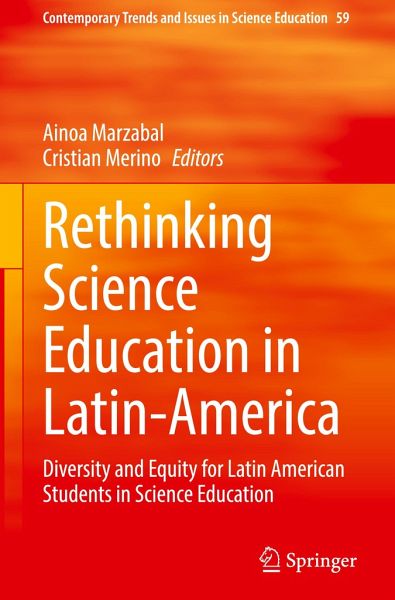
Rethinking Science Education in Latin-America
Diversity and Equity for Latin American Students in Science Education
Herausgegeben: Marzabal, Ainoa; Merino, Cristian

PAYBACK Punkte
65 °P sammeln!
This edited volume presents an integrated vision around the processes of science teaching and learning in Latin American schools. Existing scientific literacy findings varies greatly between students, influenced by gender, ethnicity, and socio-economic status, as well as location. This book provides systematic and cohesive insights, grounded in the existing literature, to move towards equitable science education.It critically analysis existing literature, from the field to guide future research. It discusses various research projects developed in Latin America as examples for researchers and e...
This edited volume presents an integrated vision around the processes of science teaching and learning in Latin American schools. Existing scientific literacy findings varies greatly between students, influenced by gender, ethnicity, and socio-economic status, as well as location. This book provides systematic and cohesive insights, grounded in the existing literature, to move towards equitable science education.
It critically analysis existing literature, from the field to guide future research. It discusses various research projects developed in Latin America as examples for researchers and educators. It provides guidelines to improve science teaching and learning processes at school level. By bringing together the main contributions of the region to this project, it allows findings to be accessible to non-Spanish speaking readers.
This book provides contextualized insight into the main topics in the field, rethinking science education in Latin-America and identifyingreform efforts. It is of interest to teachers, teacher educators, researchers, and policy makers.
It critically analysis existing literature, from the field to guide future research. It discusses various research projects developed in Latin America as examples for researchers and educators. It provides guidelines to improve science teaching and learning processes at school level. By bringing together the main contributions of the region to this project, it allows findings to be accessible to non-Spanish speaking readers.
This book provides contextualized insight into the main topics in the field, rethinking science education in Latin-America and identifyingreform efforts. It is of interest to teachers, teacher educators, researchers, and policy makers.





